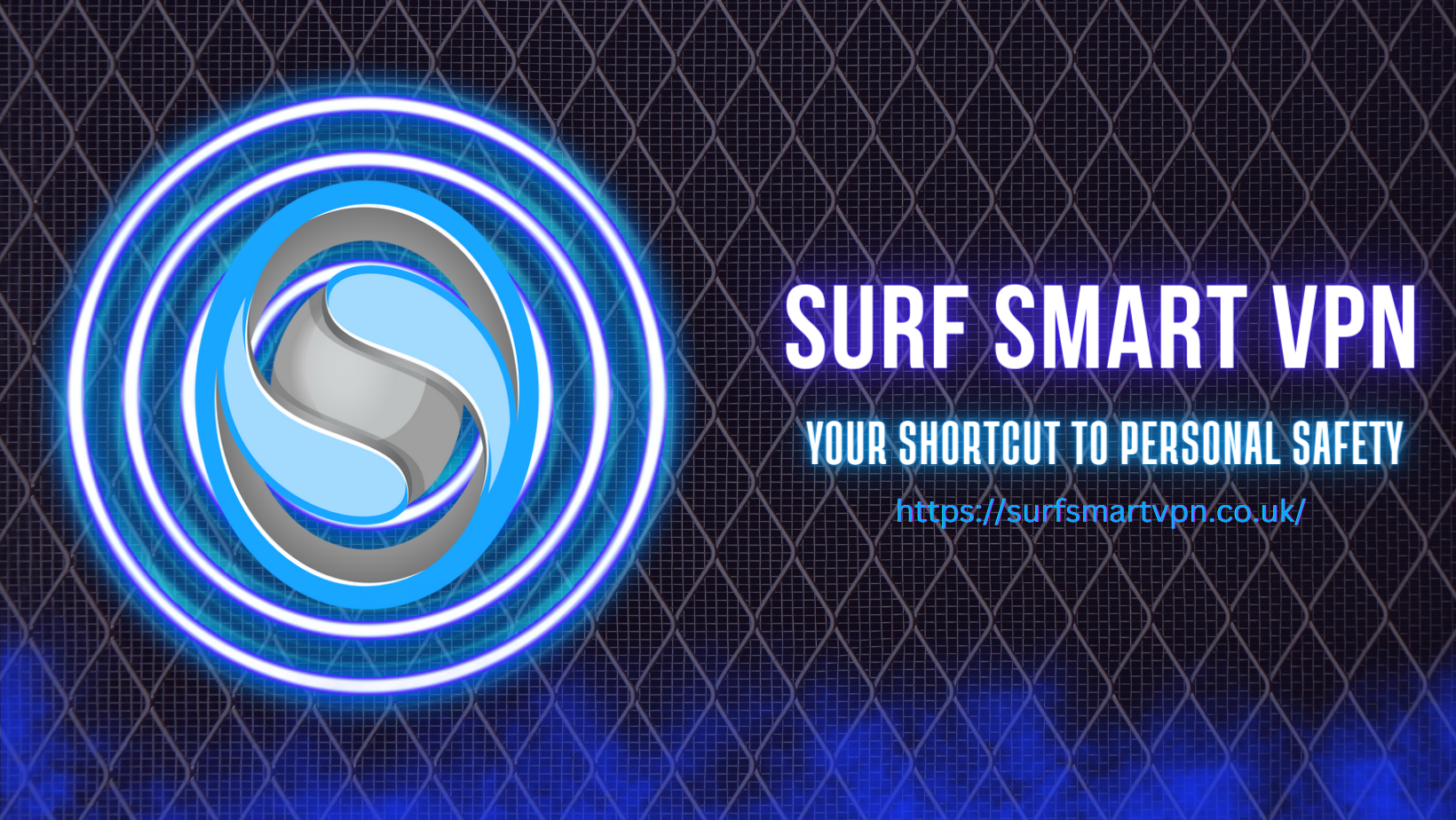The Basic Principles Of vpn versus wifi

A virtual private network (VPN) is the best way to get more privacy when surfing the web. It protects you from hackers and obscurities your information and identity, safeguarding your identity from hackers as well as government surveillance. Also, it can be utilized to get around restrictions placed on the Internet within your nation. This is especially helpful when connecting to Wi-Fi networks that are public.
Though you're aware of the concept of VPN is it using it properly? It isn't as easy to just turn on your VPN and waiting for it to connect. In order to get the maximum performance out of your VPN You must find a company that uses strong encryption protocols. OpenVPN is the most popular VPN protocol. It is recommended to use AES256 encryption. It is a high-security encryption method that is used in a number of encryption programs that are highly regarded.
In order to set up to set up a VPN first, you'll have to install the right software and choose a server to connect. The server's address should also be manually constructed. Once you've setup your VPN, you can browse on the internet without fear of tracking cookies and other malware which can steal your information. VPNs VPN is a great way to stay safe and protected online.
A VPN can also shield you from snooping by ISPs. These firms monitor your web use and may provide your information to manufactures. They also have the ability to subpoena customers' vpn via browser information in certain countries. In the United States, for instance, you can use a VPN to access websites like Netflix, Hulu, and other streaming services that are restricted in your country. This is crucial if you're traveling and require get access to important business data.
An VPN should include a point-to-point tunneling process (PPP) and secure sockets layer. This is an encryption technique that is used to encapsulate data and generates security specifications for cryptography.
Private networks are able to be combined with VPNs. If you are traveling and require access to servers or files while you are abroad then this is an ideal alternative. Additionally, it is important to pick the VPN which has strong encryption strategies, such as AES-256.
One of the main advantages from using an VPN is that it allows you to gain access to sites that are limited in your particular country. It can be beneficial if you're a student at a university in a country which has a ban on LGBTQ+ websites. VPNs are also useful for those who live in countries that restrict LGBTQ+ websites. VPN can also be useful for employees in an organization that has closed networks. It is possible that you don't want to share confidential information with your employer.
Additionally, look for a company that has the best privacy policies. They don't store the IP addresses of users or even time stamps. They'll also be able to provide a strong privacy policy, namely one that does not record your web browsing habits.